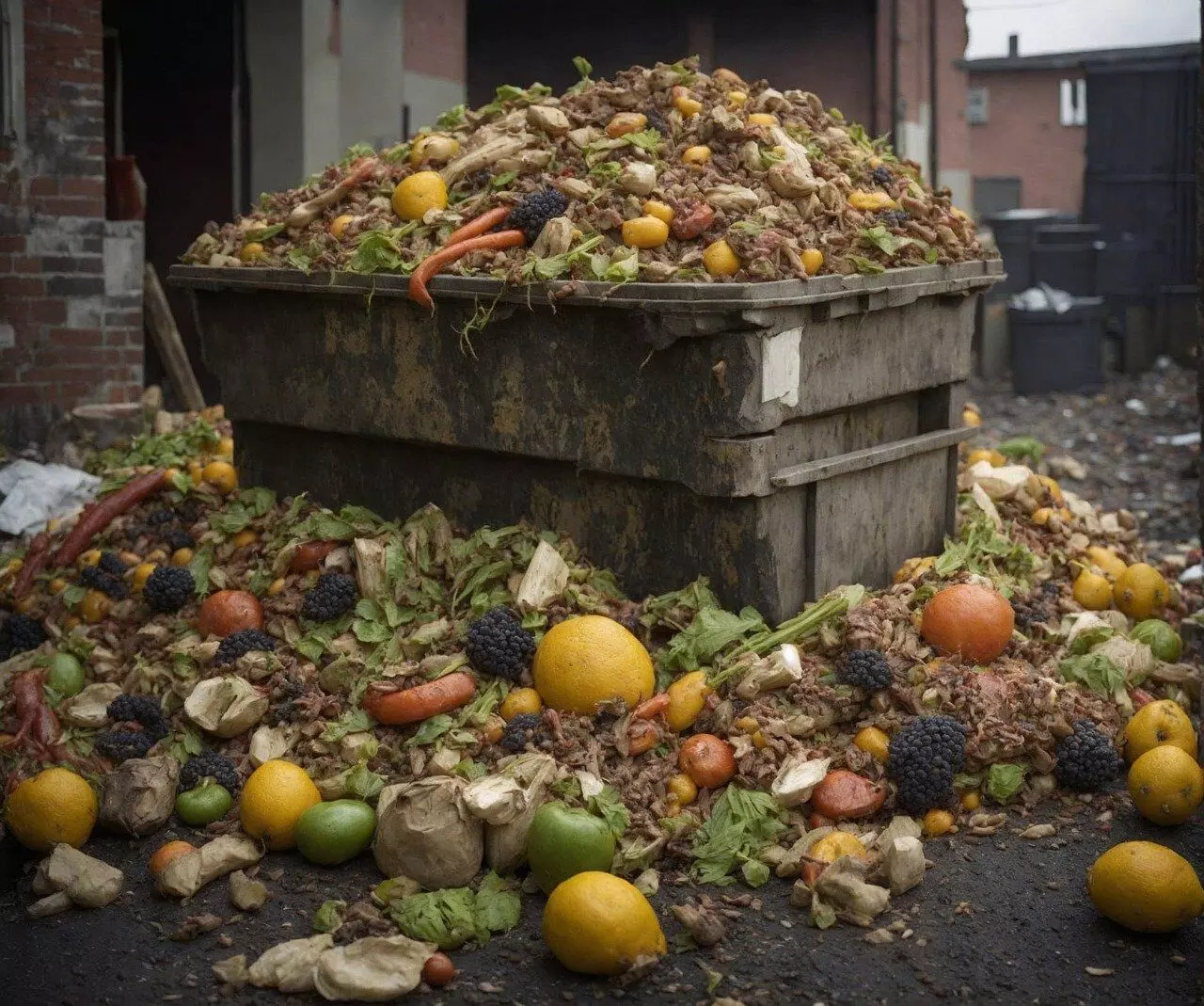A pinching paradox

The stark dichotomy of food wastage and scarcity paints a troubling picture of our global food distribution and consumption patterns. The recently published Food Waste Index Report 2024 by the United Nations Environment Programme (UNEP) and the Waste and Resources Action Programme (WRAP) lays bare a global paradox: while over 780 million individuals grapple with chronic hunger, an astonishing 1.05 billion metric tons of food—nearly one-fifth of all food available to consumers—was wasted in 2022.
Drawing from expanded datasets and enhanced methodologies over its 2021 precursor, this report underscores a reality that food waste is a pervasive problem, cutting across income levels and geographies with near uniformity. The magnitude of this crisis can no longer be sidelined as a peripheral concern. The report is a clarion call for a paradigm shift in how food is valued and managed across the supply chain, from farm to fork. At the heart of this discourse is the revelation that household food waste, accounting for 60 per cent of the total, is not merely a 'rich world problem' but a global one. This insight is pivotal, dismantling preconceived notions and spotlighting the universal behavioural change that is required. The consistency in per capita household food waste generation worldwide suggests that interventions can be scalable and adaptable across contexts, albeit tailored to specific cultural and socio-economic realities.
Furthermore, the report's linkage of food waste to significant environmental repercussions, including the generation of 8-10 per cent of global greenhouse gas emissions, frames the issue within the broader climate crisis narrative. This is not merely about wasted resources but about the exacerbation of climate change, biodiversity loss, and unnecessary strain on water and land resources. It's a multifaceted problem with ramifications that extend far beyond the immediate context of wasted food. The call for integrating food loss and waste reduction into national climate plans (Nationally Determined Contributions) is both timely and imperative. As nations scramble to mitigate climate change impacts, addressing food waste offers a tangible and impactful avenue for action. It's a strategy that dovetails economic, environmental, and social objectives, providing a rare alignment of goals in the often-complicated climate policy arena. Moreover, the report's emphasis on public-private partnerships in tackling food waste testifies the complexity of the issue. No single entity or sector can shoulder this burden alone. It requires a concerted effort that spans governments, industries, and civil society, leveraging collective expertise and resources toward common goals.
Yet, the report also serves as a sobering reminder of the challenges ahead. Despite progress, the coverage and depth of data on food waste remain insufficient, particularly in low- and middle-income countries. This data gap hampers effective policy formulation and implementation, laying bare the urgent need for international cooperation and support in building robust monitoring frameworks.
As the world inches closer to the 2030 deadline for halving food waste under Sustainable Development Goal 12.3, the task at hand is daunting but not insurmountable. The Food Waste Index Report 2024 not only provides a comprehensive assessment of where the world stands but also charts a course for actionable solutions. It's a call to action for all stakeholders to mobilise, innovate, and collaborate in transforming the global food system into one that is more sustainable, resilient, and equitable. The time for systemic action is now; the cost of inaction is too great to bear, both for the planet and for future generations



